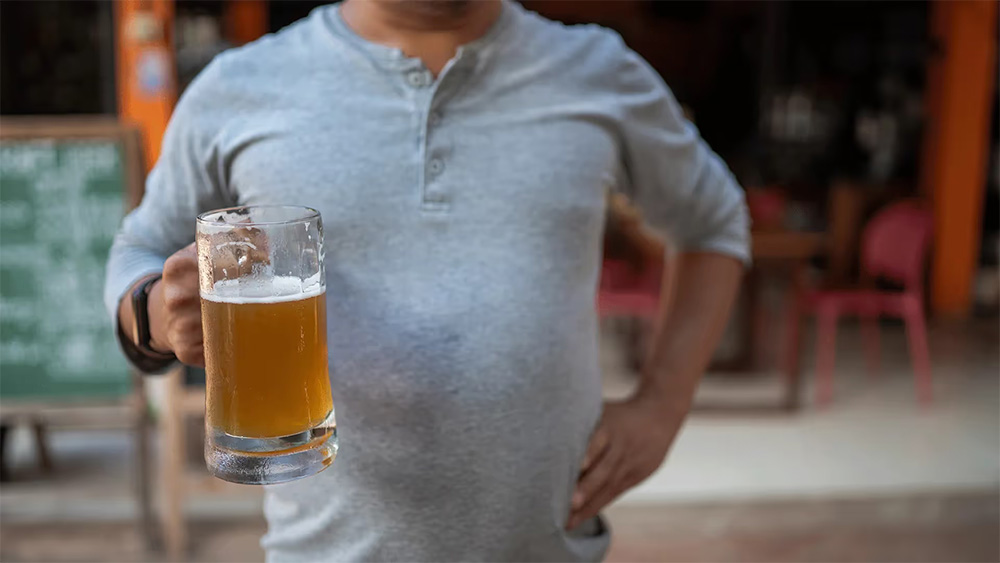
Weight Loss
Weight Loss
Understanding Abdominal Fat: Causes, Health Risks, and Lifestyle Management Strategies
Real advice for better health, stronger living, and everything in between.
Learn the 7 stages of male pattern hair loss using the Norwood Scale. Understand early signs, causes, and progression to better assess hair thinning.